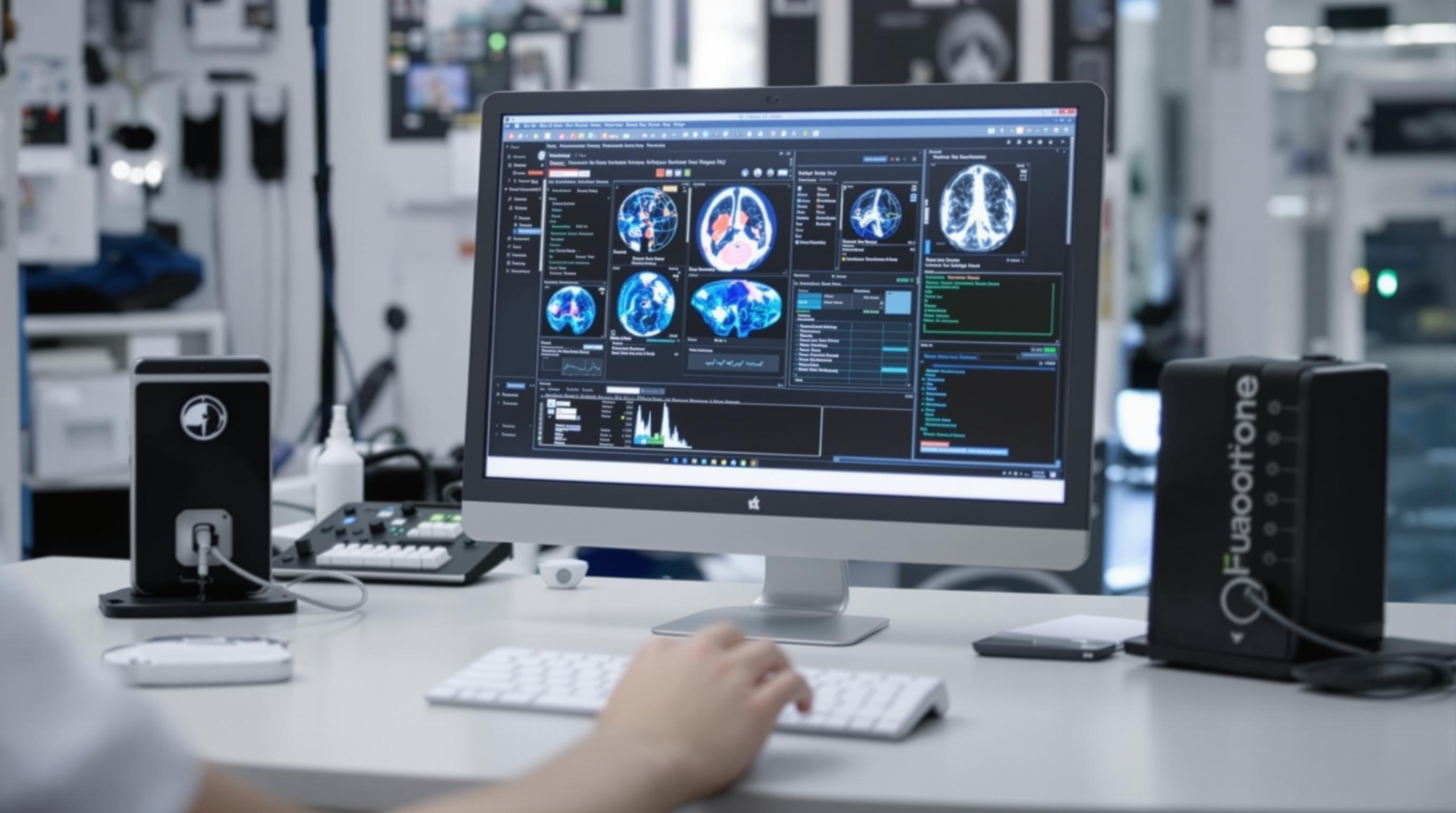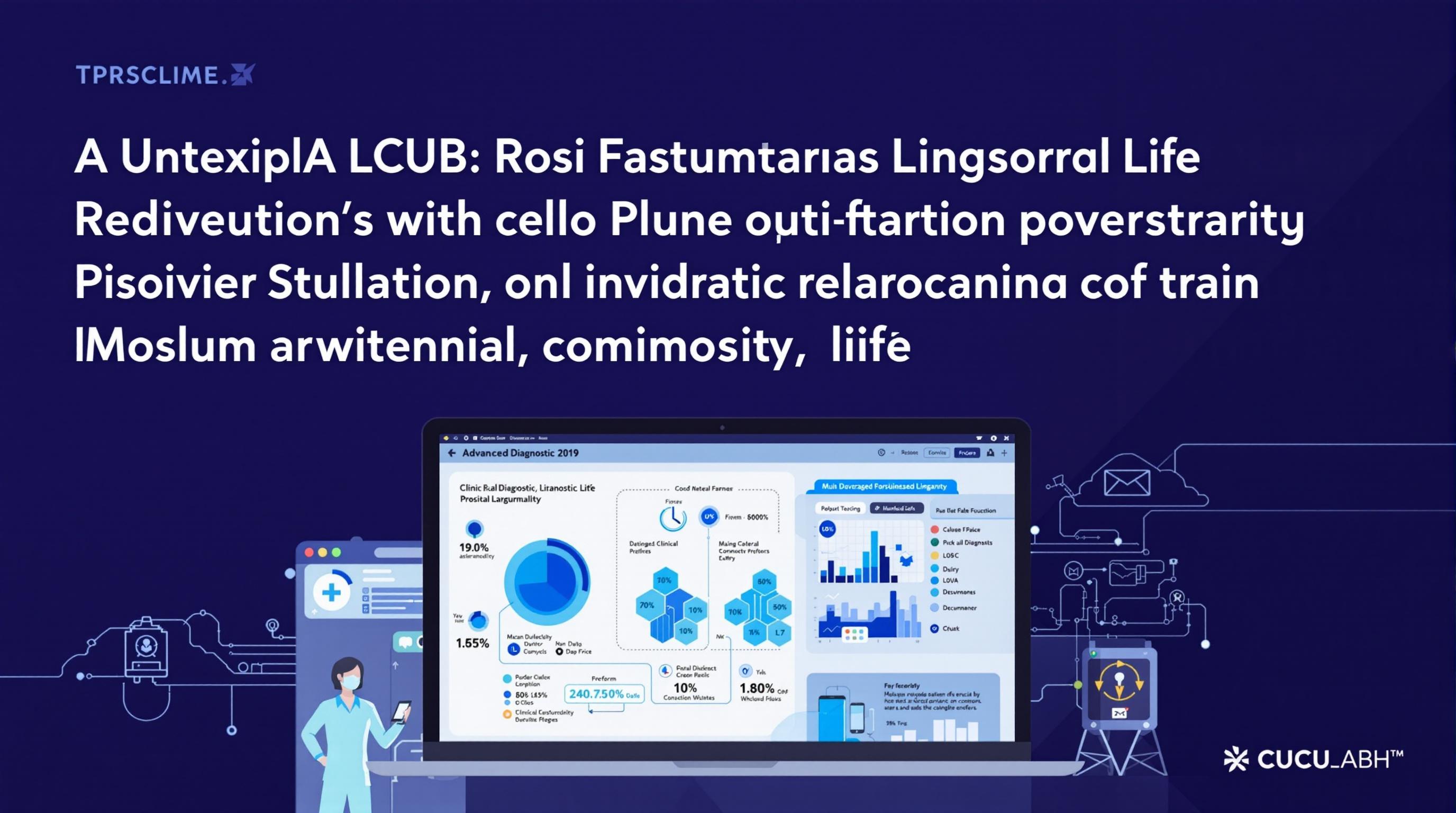Related Articles
- 7 Game-Changing Medical Compliance Apps From the Last 5 Years Redefining User Experience and Data Security
- Unveiling the Impact of Human Factors on Medical Software Adherence in Complex Clinical Settings
- Exploring Ethical Dilemmas in Medical Imaging Software: Patient Privacy and Data Ownership in the Digital Age
- Unveiling the Quiet Revolution: How Medical Imaging Software is Shaping Rare Disease Research and Diagnosis
- 5 Cutting-Edge Medication Management Apps Released Since 2019 Ranked for Accuracy and User Trust
- Unlocking the Forgotten: How Mobile Apps Are Shaping Rare Disease Diagnosis and Patient Advocacy Networks
Exploring Ethical Dilemmas in Medical Imaging Software: Patient Privacy and Data Ownership in the Digital Age
Exploring Ethical Dilemmas in Medical Imaging Software: Patient Privacy and Data Ownership in the Digital Age
Ethical challenges surrounding patient privacy and data ownership in medical imaging software are intensifying with rapid digital advancements. This article unpacks these dilemmas through diverse perspectives including legal, technological, and humanistic lenses, revealing why they demand urgent attention.
A Personal Encounter with Privacy Breach: A Cautionary Tale
When Maria, a 42-year-old teacher, underwent a routine MRI, she never imagined that her images would end up on an unsecured online platform accessible to strangers. This breach exposed not only her medical data but also ignited a debate over who truly owns such sensitive information in the digital era. Her case became a wake-up call in the medical community, highlighting gaps in existing protections.
The Data Explosion in Medical Imaging
According to a 2023 report by McKinsey, the healthcare sector generates approximately 2.5 quintillion bytes of data daily. Medical imaging alone accounts for a significant portion, with millions of scans and images produced worldwide. Managing this colossal data scale introduces complex ethical and logistical challenges, especially regarding patient confidentiality and consent.
Who Owns an Image? The Legal Battlefield
The question of data ownership is murky. While physicians and hospitals often maintain control over digital files, patients argue for more autonomy. U.S. HIPAA regulations provide some safeguards but were not originally designed with modern AI-driven imaging software in mind. Increasingly, courts are being asked to interpret these laws in light of emerging technologies, but legal precedents remain inconsistent.
Illustrating the Gray Zones: AI and Automated Diagnosis
Current software often integrates artificial intelligence to enhance diagnostic capabilities, but it also complicates accountability. If an AI incorrectly processes or shares images, who bears responsibility? Such ambiguities necessitate clear and updated policy frameworks.
The Digital Hippocratic Oath: Can Privacy Survive?
One might imagine privacy as a traditional pillar of medical ethics, yet digital systems stretch its meaning. Developers of imaging platforms must now balance innovation with confidentiality, a tightrope walk that requires transparency and rigorous security measures.
Statistics Revealing the Risk
In 2022, the Ponemon Institute reported that healthcare data breaches cost an average of $10.1 million per incident, with 80% involving patient information. These breaches can lead to identity theft, discrimination, and emotional distress for affected individuals.
Does Humor Help in Discussing Serious Matters?
Imagine your MRI scan moonlighting as a viral meme—an amusing thought until you realize it’s not that far-fetched in a poorly protected system. Humor can humanize these complex issues, making them more approachable without diminishing their seriousness.
Persuasive Call: Why Patients Must Reclaim Control
It's paramount that patients gain stronger, enforceable rights over their medical images. Advocating for patient-centric data policies will foster trust and empower individuals to make informed choices about their health information. The tide is turning, and public awareness campaigns alongside legislative efforts are critical.
Case Study: European GDPR in Action
The European Union’s General Data Protection Regulation (GDPR) has reshaped how medical imaging data is handled. It mandates explicit consent for data use and provides individuals with the right to access and delete their information. Studies suggest improved patient satisfaction and reduced unauthorized disclosures in countries enforcing GDPR standards.
The Role of Tech Companies: Guardians or Invaders?
Tech giants entering the medical imaging arena bring advanced tools but also introduce new vectors for privacy infringement. Their profit models often rely on data monetization, which clashes with ethical medical practices. Stakeholders must demand transparency and accountability from these powerful entities.
Conversational Insight: Talking with a Radiologist
"We want to help patients, not expose them," says Dr. Singh, a radiologist with 25 years of experience. "But the systems we use weren’t designed with data ownership in mind. It’s a difficult balance between accessibility for care and safeguarding privacy." Dr. Singh’s candid reflections underline the need for evolving policies and technologies.
Innovations Beyond Ethics: Blockchain and Beyond
Emerging technologies such as blockchain offer promising solutions by creating immutable, transparent records of data access and modifications. This can empower patients by tracking who viewed or used their imaging data, potentially transforming the data ownership landscape.
Limitations and Challenges Ahead
However, no solution is perfect. Blockchain implementation in healthcare faces hurdles including scalability, cost, and integration with existing systems. Plus, ethical frameworks must evolve alongside technology to maintain relevance.
Casual Reflection: The World of Medical Imaging in 2030
Picture yourself in 2030, where AI diagnoses from your wristwatch and your medical images self-manage with wizards of encryption. Sounds sci-fi, right? Reality is edging closer, but we must ensure these advancements respect human dignity and autonomy.
Educational Imperatives: Empowering Patients
Raising awareness about data rights and technological possibilities is crucial. Educational programs can demystify terms like “data ownership,” “consent,” and “privacy breaches” so patients can actively participate in governance of their own health data.
Final Thoughts from a 64-Year-Old Writer’s Lens
At 64, I view these ethical dilemmas not just through data and laws but as fundamentally human stories. Protecting medical imaging data means protecting lives, trust, and the sacred bond between healer and healed. We must act now to safeguard respect and privacy in this ever-expanding digital frontier.
References:
Ponemon Institute. (2022). Cost of a Data Breach Report.
McKinsey & Company. (2023). The Healthcare Data Explosion.
European Commission. (2018). General Data Protection Regulation (GDPR).
HIPAA Journal. (2022). Medical Imaging and HIPAA Compliance.




